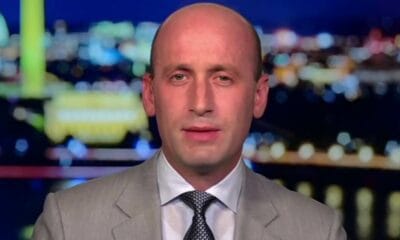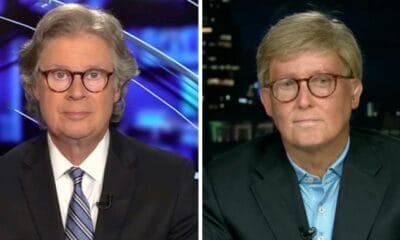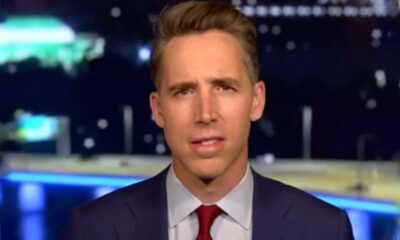2024 Election
Kamala Harris’s Unrealized Capital Gains Tax: A Catastrophic Move for the Economy

Kamala Harris’s endorsement of a tax on unrealized capital gains is not just misguided; it’s a recipe for economic disaster. As UBS Managing Director and Senior Portfolio Manager Jason Katz highlighted in a recent conversation with Fox Business host Stuart Varney, the proposed tax would wreak havoc on the economy and hurt far more than just the ultra-wealthy, as Democrats would have you believe.
Why Now Is The Time To Buy Gold & Silver
Katz described the plan as an “unmitigated disaster,” warning of its damaging effects on investors, the markets, and the economy. He explained how taxing unrealized capital gains—gains on investments that haven’t been sold yet—creates a massive accounting burden. For example, if someone with $100 million in Amazon stock sees their portfolio grow to $150 million, they could be taxed 23% on that $50 million gain, even if they don’t sell a single share. But if the stock falls back to $100 million the following year, investors would have already paid taxes on profits they never realized, creating what Katz calls an “accounting nightmare.”
The problem doesn’t end with a few ultra-wealthy investors. The ripple effects could be catastrophic for the economy as a whole. Katz pointed out that this tax would “suck money out of the capital markets,” leading to a reduction in investments that are crucial for growth and innovation. Less capital in the markets means fewer resources for businesses, which translates into fewer jobs and less economic growth. The impact won’t just be felt by the wealthy—it will be felt by everyone who depends on a thriving economy, from small business owners to everyday workers.
Buy Gold & Silver in 3 Easy Steps
Kamala Harris and her fellow Democrats are trying to frame this tax as a way to make the rich pay their fair share, but the truth is far more complex. As Katz and others have made clear, this tax doesn’t just hit the wealthy—it punishes success across the board. It discourages long-term investments, which are the backbone of economic growth, and could lead to a slowdown in innovation and job creation. Moreover, the complexities of administering such a tax are enormous. Valuing assets annually would create a bureaucratic mess and open the door to further government overreach into private financial affairs.
Once the government starts taxing unrealized gains, it sets a dangerous precedent. What starts as a tax on the ultra-wealthy could easily expand to include more modest assets. Eventually, this could impact middle-class families who rely on their investments for retirement or savings. It’s a slippery slope, and once we’re on it, there’s no telling where it will end.
From a conservative perspective, this proposal flies in the face of economic liberty and the principles that make America prosperous. The tax punishes success, discourages entrepreneurship, and creates uncertainty in the markets. Instead of encouraging growth and opportunity, it does the opposite—choking off the very investments that drive the economy forward.























